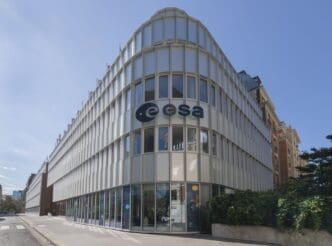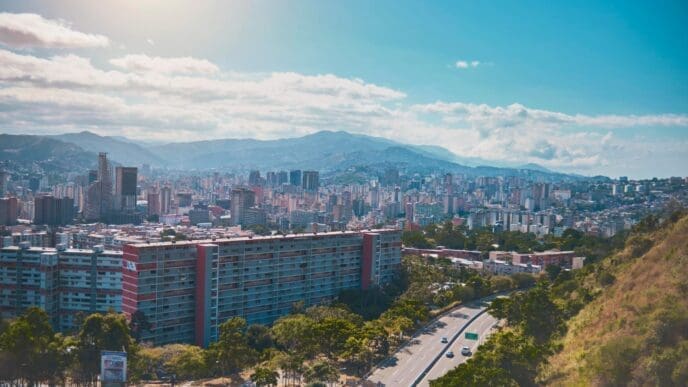ESA’s headquarters are strategically located in Paris, functioning as the core administrative center of the European Space Agency. The central operations are based at the ESA HQ Mario Nikis in Paris’s 15th arrondissement, which also houses the offices of the Director General and his cabinet. This team plays a crucial role in coordinating with delegations from ESA’s Member States. Meanwhile, the Directorate of Space Transportation operates from ESA HQ Daumesnil.
The governance of ESA is entrusted to its Council, which is responsible for outlining the strategies for Europe’s space activities and securing the agency’s long-term funding. Each Member State has a vote, represented by a delegate from the ministry overseeing space activities. Council meetings are scheduled every three months at the delegate level and every two to three years at the ministerial level.
To maintain its status as a leader in space research and exploration, ESA frequently collaborates with other nations, including the United States, China, Canada, India, and Japan. Negotiations for membership with aspiring countries also take place in Paris. ESA maintains robust interactions with international organizations like the United Nations World Meteorological Organization, the United Nations Environment Programme, and the Food and Agriculture Organization.
The General Studies Programme was established to assist the ESA Council in selecting future initiatives. This program evaluates innovative ideas, drawing insights from ESA’s technical experts, as well as institutions and industries within Member States. However, not all proposals mature into funded projects; some are deemed too costly or technologically unfeasible, thus preventing potential costly mistakes.
As a publicly funded entity, ESA prioritizes transparency, ensuring European citizens are well-informed about its achievements and the allocation of public funds. The Communications Department at ESA is tasked with updating the global media, decision-makers, and the public on ESA’s latest activities. This includes organizing significant media events, press conferences, and preparing multimedia materials for diverse audiences.
ESA actively participates in major conferences, symposia, and space-related events to exchange ideas and enhance public awareness. In Paris, the Communication Department also manages exhibitions and maintains extensive photo and video archives.
Qualified staff are paramount to transforming ESA’s innovative space research into operational programs. ESA’s recruitment policy, managed from the Paris headquarters, seeks experts from all Member States. Each ESA center has a human resources office reporting to the Paris head office, ensuring efficient and cost-effective operations.
Rigorous financial controls are in place, including oversight by the Office of Internal Audit, to guarantee transparency and adherence to budgets. ESA’s Legal Office addresses all legal aspects related to the agency and space, and the European Centre for Space Law, based at headquarters, aims to advance the study and practice of space law in Europe.
Space exploration relies on effective launch systems. ESA is actively developing new launch and space transportation systems to meet Europe’s future needs and maintain its competitive edge. The European launcher sector benefits from shared responsibilities, costs, and risks between ESA and industry partners. The Directorate of Space Transportation collaborates closely with industry to advance the Ariane and Vega launchers. ESA also oversees the launch and production facilities at Europe’s Spaceport in Kourou, French Guiana.
Through the Future Launchers Preparatory Programme, ESA conducts system studies and research to pioneer technologies that offer high performance, reliability, and reduced operational costs.














